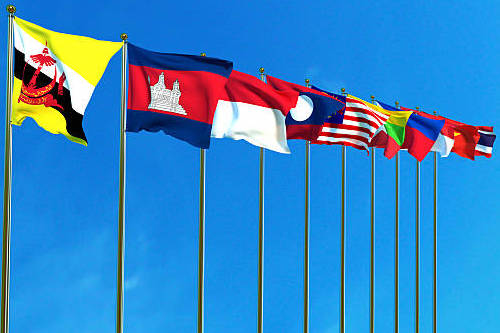
Mar 27, 2013 | Agendas, Events
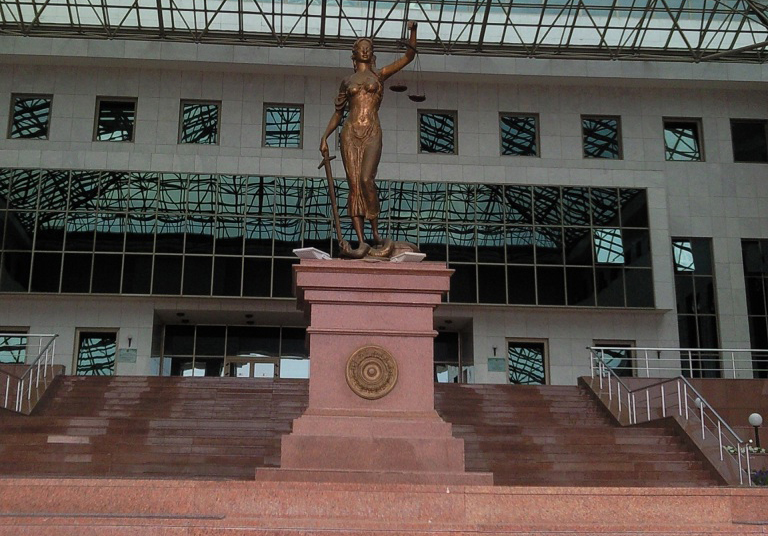 Lawyers from all five Central Asian countries participate in the seminar (28-29 March 2013) to discuss the independence of bar associations and problems faced by lawyers in working independently and effectively.
Lawyers from all five Central Asian countries participate in the seminar (28-29 March 2013) to discuss the independence of bar associations and problems faced by lawyers in working independently and effectively.
This ICJ roundtable seminar, organized in cooperation with the Central Asian League of Lawyers and to be held in Almaty, Kazakhstan, will address issues including the self-governance and organization of bar associations, their relationships with state bodies, lawyers and the public, entrance to the legal profession, lawyers’ codes of ethics, and disciplinary proceedings against lawyers.
It will also discuss problems faced by lawyers in criminal cases, in both the pre-trial and trial stages, and incidents of harassment or intimidation of lawyers.
Europe-CIS-ICJ Seminar Central Asia-event-agenda-2013 (full text in pdf)
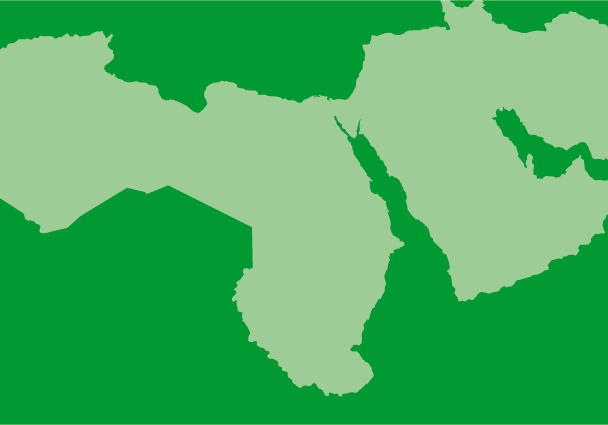
Mar 4, 2013 | News
The ICJ expressed its concern over the criminal trial of 94 individuals, including judges, lawyers, academics, human rights defenders and civil society activists, in the State Security Chamber of the UAE Federal Supreme Court.
Following a wave of arbitrary arrests and detention, which began in March 2012, the case was referred to the Supreme Court on 27 January 2013.
“The ICJ is gravely concerned over the fairness of the upcoming proceedings, including the lack of any right of appeal, the lack of restrictions on the use of evidence obtained through torture or ill-treatment and severe restrictions imposed on the rights of the defence, in contravention of international human rights law, including the Arab Charter on Human Rights, to which the UAE is a party,” said Said Benarbia, ICJ Senior Legal Adviser of the Middle East and North Africa Programme. “Furthermore, allegations of torture and ill-treatment by detainees, including incommunicado detention, prolonged solitary confinement, sleep deprivation and verbal and physical abuse, must be promptly, impartially and thoroughly investigated.”
The ICJ further notes that there have been violations of international fair standards.
These include the failure of State authorities to formally charge defendants, severe restrictions on access to legal counsel, including during questioning and the failure to disclose case files to the defence until a few days before trial.
Until two weeks before the trial, there was a single lawyer acting for all detainees and other lawyers who tried to assist have faced harassment, including detention and deportation, the ICJ says.
The trial is part of a broader crackdown by the UAE authorities in response to a petition signed by 100 academics, legal professionals, and civil society activists, in March 2011, for political reforms and increased public participation in government.
“The ICJ condemns the use of criminal proceedings to suppress peaceful calls for increased democracy as an unlawful restriction on the right to freedom of expression,” Benarbia added. “Extending the clampdown on critics to include numerous members of the legal profession severely compromises the Rule of Law in the UAE.”
Contact:
Said Benarbia, ICJ Senior Legal Adviser of the Middle East and North Africa Programme, tel: 41 22 979 38 17, e-mail: said.benarbia(at)icj.org
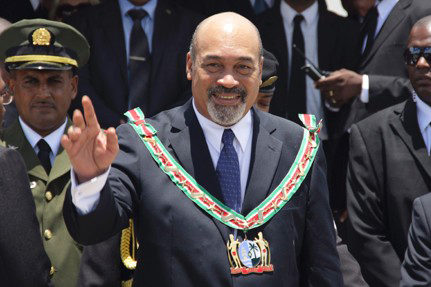
Jan 22, 2013 | News
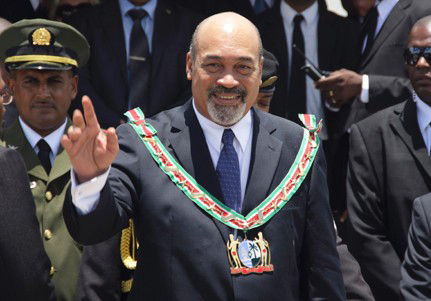 The ICJ today expressed its concern at further delays in the trial of President Desiré Delano Bouterse and 24 others, who are accused of the murder of thirteen civilians and two military personnel in 1982.
The ICJ today expressed its concern at further delays in the trial of President Desiré Delano Bouterse and 24 others, who are accused of the murder of thirteen civilians and two military personnel in 1982.
The ICJ further expressed its dissatisfaction with the continued uncertainty on the applicability of an Amnesty Law that could threaten the status of the trial.
No public statement has been made by the Suriname Military Court since the judges hearing the matter decided to suspend the trial of President Bouterse in May 2012 and leave it to the public prosecutor and an undesignated court to decide whether President Bouterse and the other accused should benefit from the country’s Amnesty Law.
“It is unacceptable that there have been no pronouncements in this case since the last hearing over eight months ago,” said ICJ Secretary-General Wilder Tayler. “Justice has been denied for more than three decades and it is in everyone’s interests, both the accused and the families of the victims, that this trial should proceed without further delay”.
President Bouterse had been accused of having been present on 8 December 1982 at the military barracks of Fort Zeelandia, where 15 political opponents were allegedly executed.
Reports published by various organizations at the time, including by an ICJ affiliate, indicated that several of the victims had also been subjected to torture. At the time, Bouterse was leading a military government in Suriname.
On 19 July 2010, Desiré Delano Bouterse was elected President of Suriname, taking up office on 12 August 2010. On 4 April 2012, despite some contestation, an amendment to the existing Amnesty Law of 1989 was adopted by the country’s Parliament, purportedly granting amnesty to President Bouterse and others for the murders that allegedly took place in 1982.
As the ICJ noted in its report of 29 May 2012, there are a number of unresolved questions regarding the legality of the Amnesty law.
Read also:
Suriname: independent observation mission to the trial of President Desiré Delano Bouterse
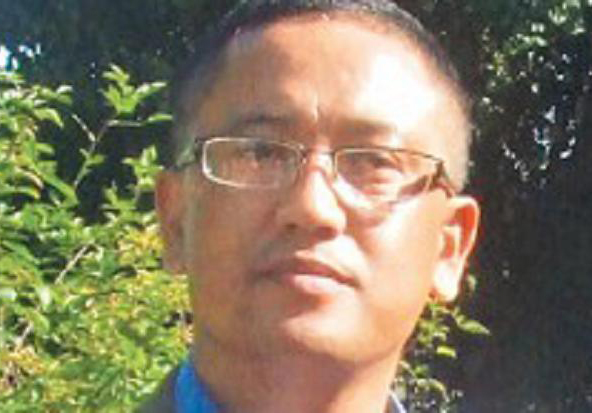
Jan 8, 2013 | News
 The Nepali government should cooperate with any investigation into allegations of torture against Nepal Army Colonel Kumar Lama, recently arrested and charged in the United Kingdom, the ICJ said today.
The Nepali government should cooperate with any investigation into allegations of torture against Nepal Army Colonel Kumar Lama, recently arrested and charged in the United Kingdom, the ICJ said today.
“The ICJ welcomes the steps taken by the UK to criminally investigate and bring to justice an individual suspected of the serious crime of torture,” said Sam Zarifi, ICJ’s Asia Director. “If the government wants to prevent the future prosecution of conflict-era human rights violations in foreign countries, then it must cooperate with the UK proceedings, and take immediate steps to investigate and prosecute similar violations domestically, in line with Nepal’s own international obligations and the jurisprudence of Nepal’s Supreme Court.”
UK authorities arrested Colonel Lama on January 3rd for his alleged involvement in the torture of detainees while commander of the Gorusinge Battalion barracks in Kapilbastu in 2005.
Colonel Lama is currently serving as UN peacekeeper in the Sudan. At the time of the arrest, he was visiting family members who reside in the UK.
In response to the arrest, senior Nepali government leaders including the Deputy Prime Minister have called for his immediate release, and characterized the arrest as an “attack on national sovereignty.”
The ICJ pointed out that such statements seem to be predicated on a basic misunderstanding of both the UK and Nepal government’s international obligations to investigate and prosecute acts of torture, which are crimes under international law.
The Convention Against Torture and Other Cruel, Inhuman or Degrading Treatment of Punishment, to which both the UK and Nepal are party, expressly provides under article 7 that a State must prosecute or extradite for prosecution a person found under its territorial jurisdiction.
This obligation is an expression of the legal principle of “universal jurisdiction,” under which all States have a duty, not only a right, to prosecute and punish crimes under international law, including torture, and to take effective measures including the adoption of national legislation to exercise jurisdiction over such crimes.
In many countries, including the UK, legislation grants the courts jurisdiction to prosecute certain international crimes, including torture, regardless of where the violations took place.
The UK legislation was passed as part of an effort to comply with international law, including the Geneva Conventions on the laws of war and the Convention Against Torture.
For the UK police to release Colonel Lama without conducting a full investigation, as called for by the government of Nepal, would constitute a violation of the UK’s own international obligations, the ICJ stresses.
“This arrest by the UK police is not a threat to the sovereignty of Nepal; on the contrary, the acceptance of international human rights legal obligations to combat torture constitutes a clear expression of sovereignty by both the UK and Nepal. The UK through its actions this week is rightfully discharging these obligations,” Zarifi said. “Nepali victims have been forced to seek redress outside their own country against perpetrators because of the government of Nepal’s track record of failing to prosecute conflict-era crimes.”
“Decades of experience from around the world demonstrates that the failure to provide truth and justice as a society transitions away from conflict hampers the development of a durable peaceful society. That’s why the Nepali government should do all it can to help thousands of Nepali victims receive truth and justice in Nepal, and wherever perpetrators may be hiding,” Zarifi added.
National courts are generally reluctant to invoke universal jurisdiction to prosecute foreign nationals, and usually only do so when it is clear that national authorities are unable or unwilling to investigate and prosecute the alleged violation.
In Nepal, successive governments have not only failed to show their commitment to prosecute these crimes, but have made systematic efforts to avoid accountability, and rewarded suspected violators with promotions, ministerial appointments and opportunities to participate in UN peacekeeping operations.
The ICJ advised the government of Nepal that the most effective way to prevent the future arrest and prosecution abroad of those alleged to have been responsible for torture and other gross human rights violations is to:
- Show its commitment to the international rule of law by cooperating with any investigation by the UK police into the culpability of Colonel Lama, including allowing police to visit Nepal if such a request is made as part of their investigation;
- Order the prosecution of serious crimes committed during the conflict to move forward, and end attempts to introduce an amnesty for such crimes;
- Introduce transitional justice legislation that is in line with Nepal’s obligations under international law, and precludes the granting of amnesty for serious crimes;
- End politically-motivated withdrawals of human rights cases now before Nepali courts; and
- Criminalize torture, enforced disappearance and other crimes under international law.
Contact:
In Kathmandu, for ICJ, Frederick Rawski: t +977-984-959-7681
In Bangkok, for ICJ Asia-Pacific, Sam Zarifi: t +66-807-819-002
FURTHER READING:
Nepal: ‘toothless’ commissions of inquiry do not address urgent need for accountability – ICJ report
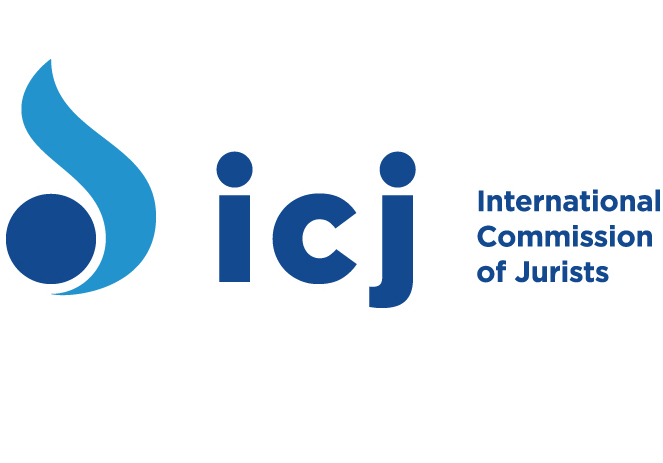
Nov 2, 2012 | Events
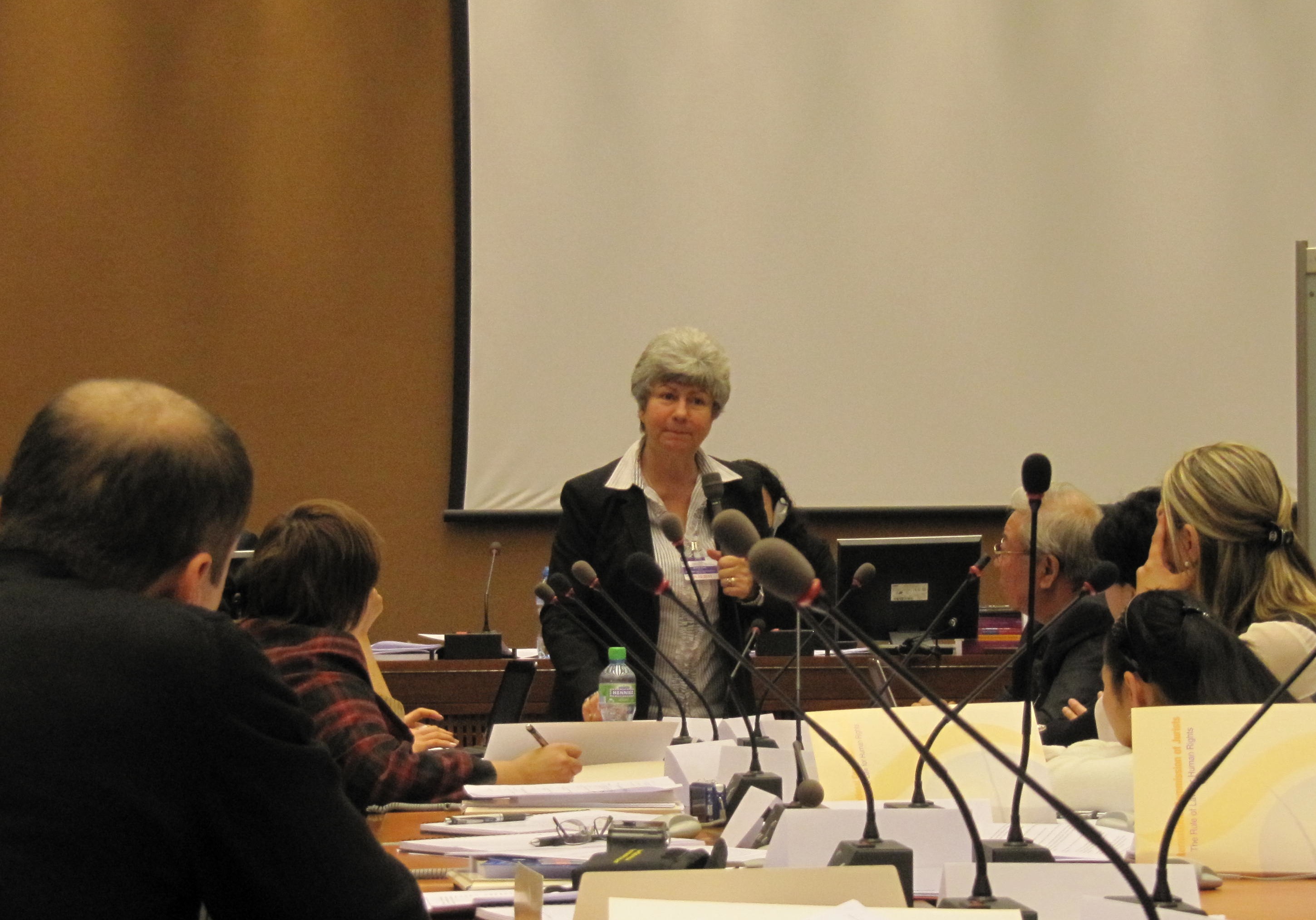 The ICJ will hold a five-day seminar in Geneva for lawyers from Central Asian countries on International Human Rights Law in the Criminal Justice Process.
The ICJ will hold a five-day seminar in Geneva for lawyers from Central Asian countries on International Human Rights Law in the Criminal Justice Process.
The training seminar, from 5 – 9 November, will cover international human rights law related to fair trial, the right to liberty, freedom from torture and cruel, inhuman or degrading treatment, and the right to life; as well as UN human rights mechanisms. The training will involve ICJ Commissioners and legal advisers, as well as other experts. Participants will meet with members of Committee against Torture, and with representatives of other treaty bodies and UN Special Procedures. The participants will also attend a session of the Committee Against Torture, to observe the reporting process.
The seminar aims to build a strong connection between national lawyers in Central Asian countries and the international human rights system. It will provide a forum for detailed and practical discussion on international human rights law and its application in practice in national systems, drawing on the experiences of experts on international jurisprudence, standards and mechanisms, to ensure more effective application of these standards in Central Asian countries.
Agenda-CISTraining-2012-eng (download the agenda in English)
Agenda-CISTraining-2012-rus (download the agenda in Russian)

 Lawyers from all five Central Asian countries participate in the seminar (28-29 March 2013) to discuss the independence of bar associations and problems faced by lawyers in working independently and effectively.
Lawyers from all five Central Asian countries participate in the seminar (28-29 March 2013) to discuss the independence of bar associations and problems faced by lawyers in working independently and effectively.










